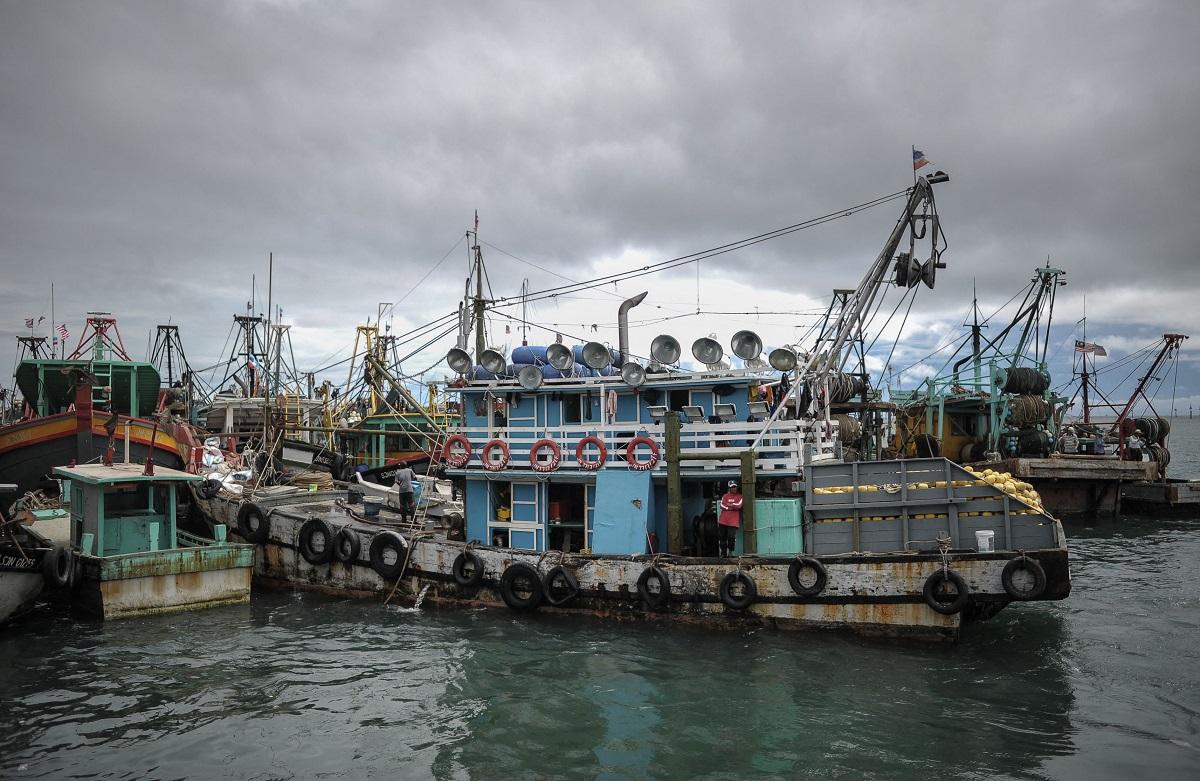Malaysia to protest to Philippines over new maritime laws

KUALA LUMPUR — Malaysia will send a protest note to the Philippines over its new maritime laws due to their overlapping claims in the South China Sea, its deputy foreign minister said on Thursday.
The protest will follow a complaint also from China over the Philippines' Maritime Zones Act and the Archipelagic Sea Lanes Act, which Manila said was intended to strengthen its maritime claims and bolster its territorial integrity.
Malaysia's Deputy Foreign Minister Mohamad Alamin said the government has reviewed the reference documents related to the Philippines' laws and found that they touch upon claims to the Malaysian state of Sabah on Borneo island.
"We will send a protest note today to demonstrate our commitment to defending Sabah's sovereign rights and the sovereignty of our country," Mohamad told parliament.
The Department of Foreign Affairs did not immediately respond to request for comment.
The Philippines has a dormant claim to the eastern part of Sabah dating back to colonial times, but official statements on the issue are rare. Its Supreme Court in 2011 ruled that the claim has never been relinquished.
Maritime zones and sea lanes
President Ferdinand "Bongbong" Marcos Jr. signed the Maritime Zones Act and the Archipelagic Sea Lanes Act into law last week.
The Philippine Maritime Zones Act is a declaration that the Philippines exercises sovereignty and jurisdiction over its internal waters, territorial sea archipelagic waters, and the airspace over it, including its seabed and subsoil.
This covers the contiguous zone of the Philippines, which refers to the waters beyond and adjacent to its territorial sea up to 24 nautical miles from the baselines. It further defines the exclusive economic zone, the continental shelf, and the extended continental shelf that form part of the Philippine territory.
The law also underscored that the Philippines has the right and privilege over the high seas and the international seabed as stated in the United Nations Convention on the Law of the Sea (UNCLOS) and other existing laws and treaties.
The Philippine Archipelagic Sea Lanes Act designated sea lanes in archipelagic waters by foreign ships and aircraft, the Senate leader said.
Under the new law, the system of archipelagic sea lanes, through which foreign vessels and aircraft shall exercise the right of archipelagic sea lanes passage, shall be established and designated by the President.
The law also indicated the obligations in the exercise of the right of archipelagic sea lanes passage as well as the acts prohibited on the sea lanes and over the air routes.
It also determined the liability of water and air assets for any loss or damage suffered by the Philippines or any third party due to non-compliance with the provisions of the law. — Reuters/with a report by Anna Felicia Bajo/BM, GMA Integrated News




